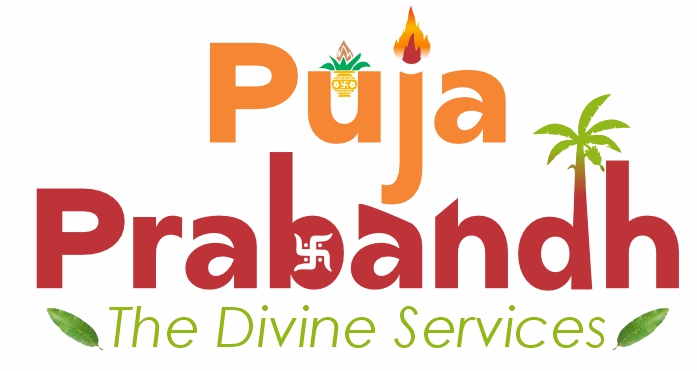📜 Significance:
Antyeshti, also known as Antim Sanskar, is the final sacrament (Sanskar) in Hindu tradition, marking the respectful and sacred farewell of the soul from the physical body. Rooted deeply in Vedic rituals, this puja signifies the liberation (moksha) of the soul and the cycle of rebirth, helping the departed soul on its spiritual journey beyond.
In Maharashtra, these rites are performed with great reverence by the family, under the guidance of a Panditji, to ensure that the soul achieves peace (sadgati).
🗓️ When It’s Performed:
- Immediately after a person passes away, preferably within 24 hours
- Cremation is typically done during daylight hours
- Post-cremation rites such as Asthi Visarjan, Pind Daan, and Shraddha follow in subsequent days
🛐 Who Can Perform:
- Generally performed by the eldest son or closest male relative
- A Pandit guides the family through all rituals and Vedic chanting
- In modern times, daughters are also allowed to perform the rites in some families
📦 Puja Samagri (Items Required):
- White cloth for the deceased
- Tulsi leaves, Ganga jal, darbha grass
- Wooden logs (for cremation), cow dung cakes, ghee
- Camphor, incense sticks, cotton wicks
- Earthen pots, black sesame seeds, rice balls (pind)
- Firewood or ghat (as per local custom)
- Coins, thread, and other local items based on regional variations
🕯️ Main Rituals:
- Preparation of the Body: Bathing, adorning with clean white clothes, placing basil leaf and Ganga jal in mouth
- Mukhagni: The chief mourner (often the son) lights the pyre with sacred fire
- Cremation (Dahan Sanskar): Chanting of mantras to aid the soul’s passage
- Asthi Sanchayan (Bone Collection): Performed on the 3rd/5th/10th day
- Asthi Visarjan: Immersion of ashes in a holy river (like Godavari, Krishna, or Ganga)
- Pind Daan & Shraddha: Performed on the 10th, 12th, or 13th day to ensure peace of the departed soul
- Vaikunth Samaradhana (optional): Gathering for prayers and charity in memory of the departed
⏳ Duration:
- Immediate funeral rites: 2 to 4 hours
- Post-funeral rituals (Pind Daan, Shraddha): Conducted over 13 days, or 16-day Pitru Paksha period
🎁 Spiritual Benefits:
- Grants peace (moksha) to the departed soul
- Removes karmic obstacles for the soul’s onward journey
- Helps the family attain mental peace and closure
- Fulfills ancestral duties as per Hindu dharma
- Brings blessings from Pitru Devtas and maintains family harmony

